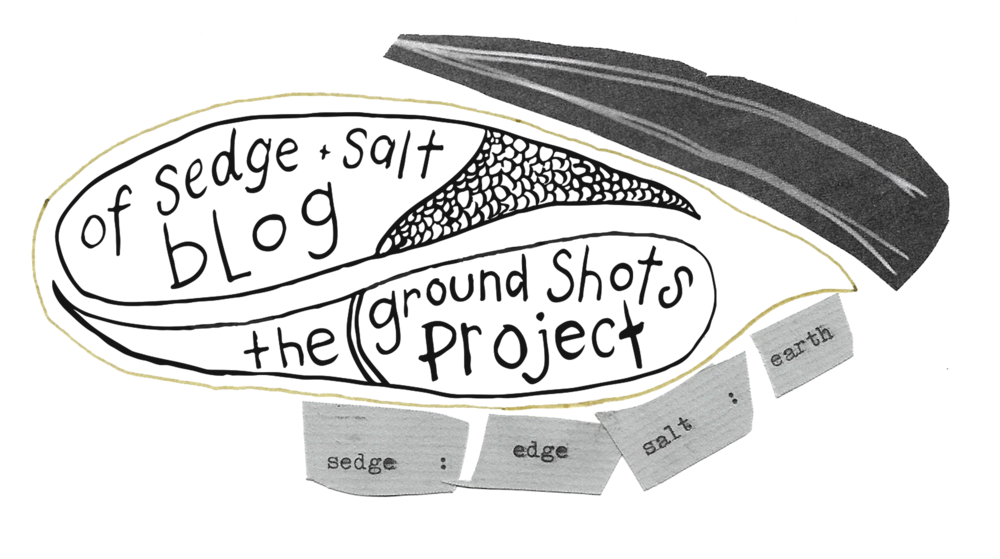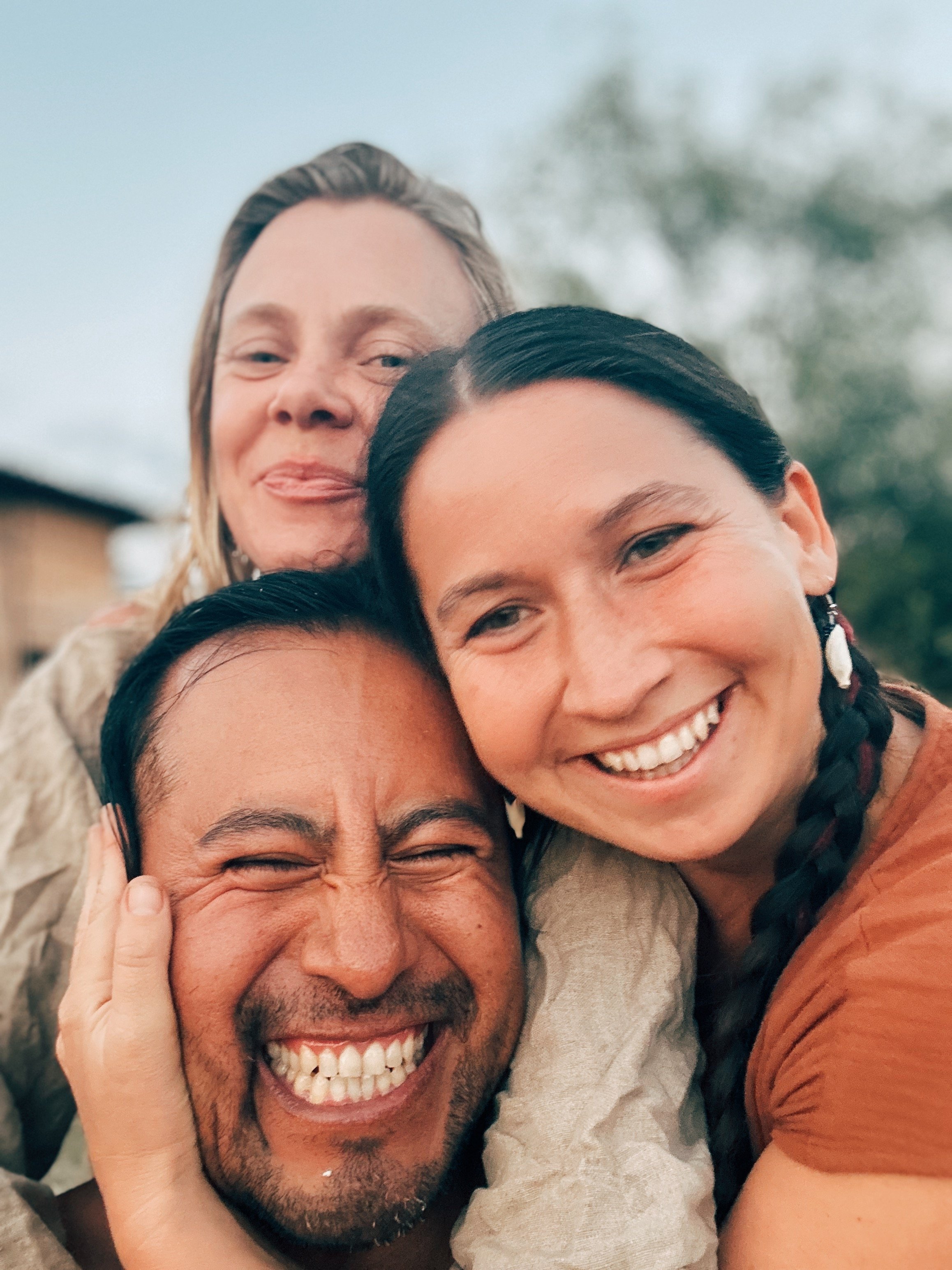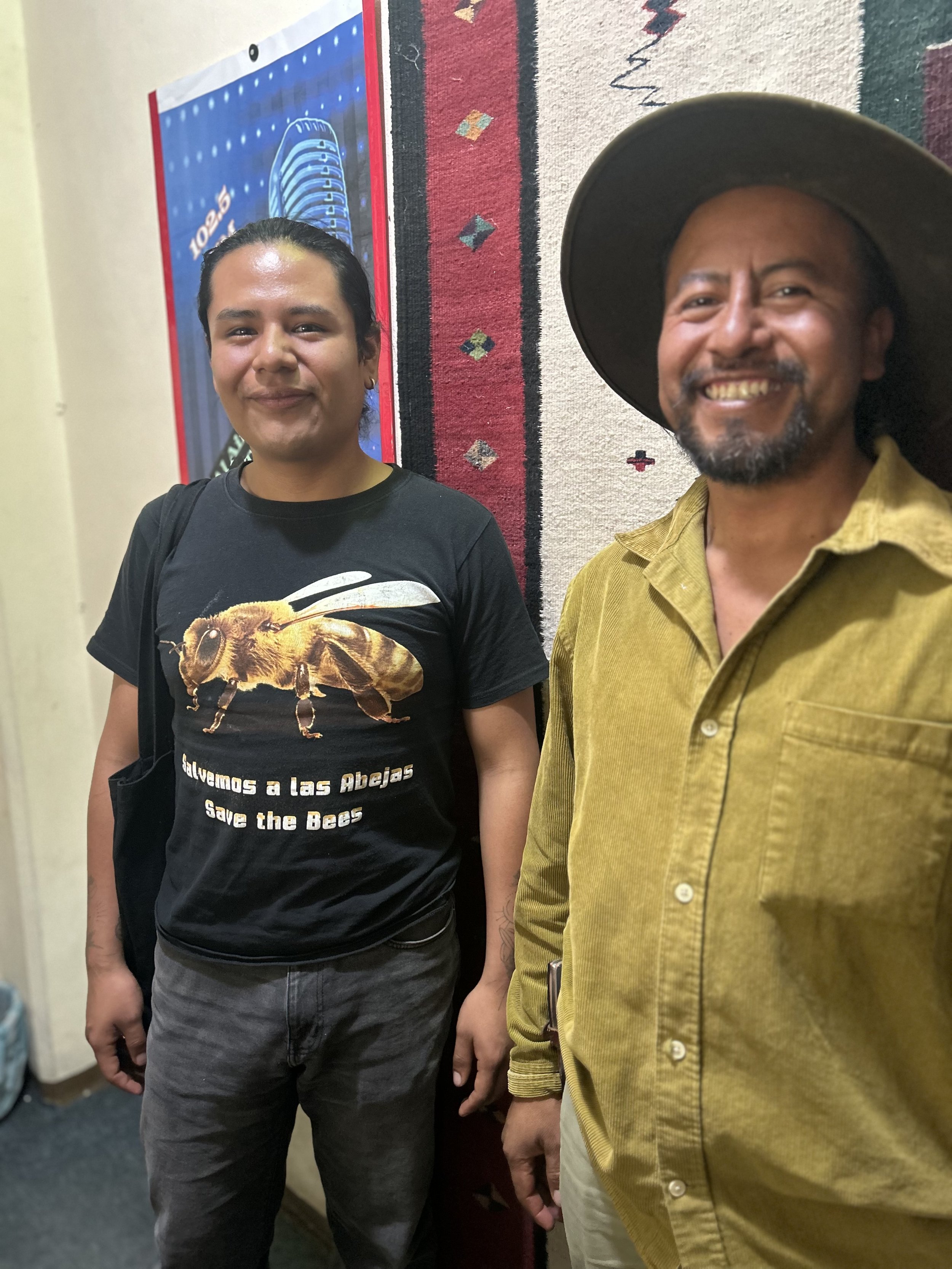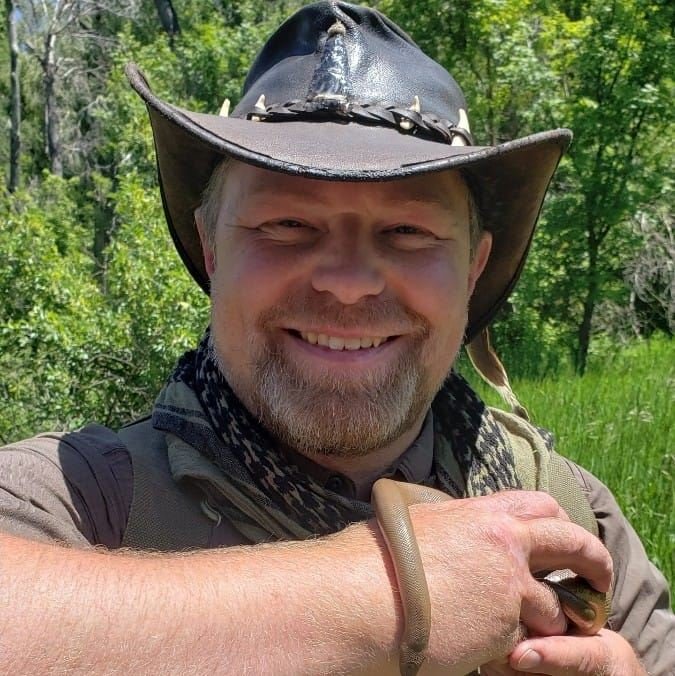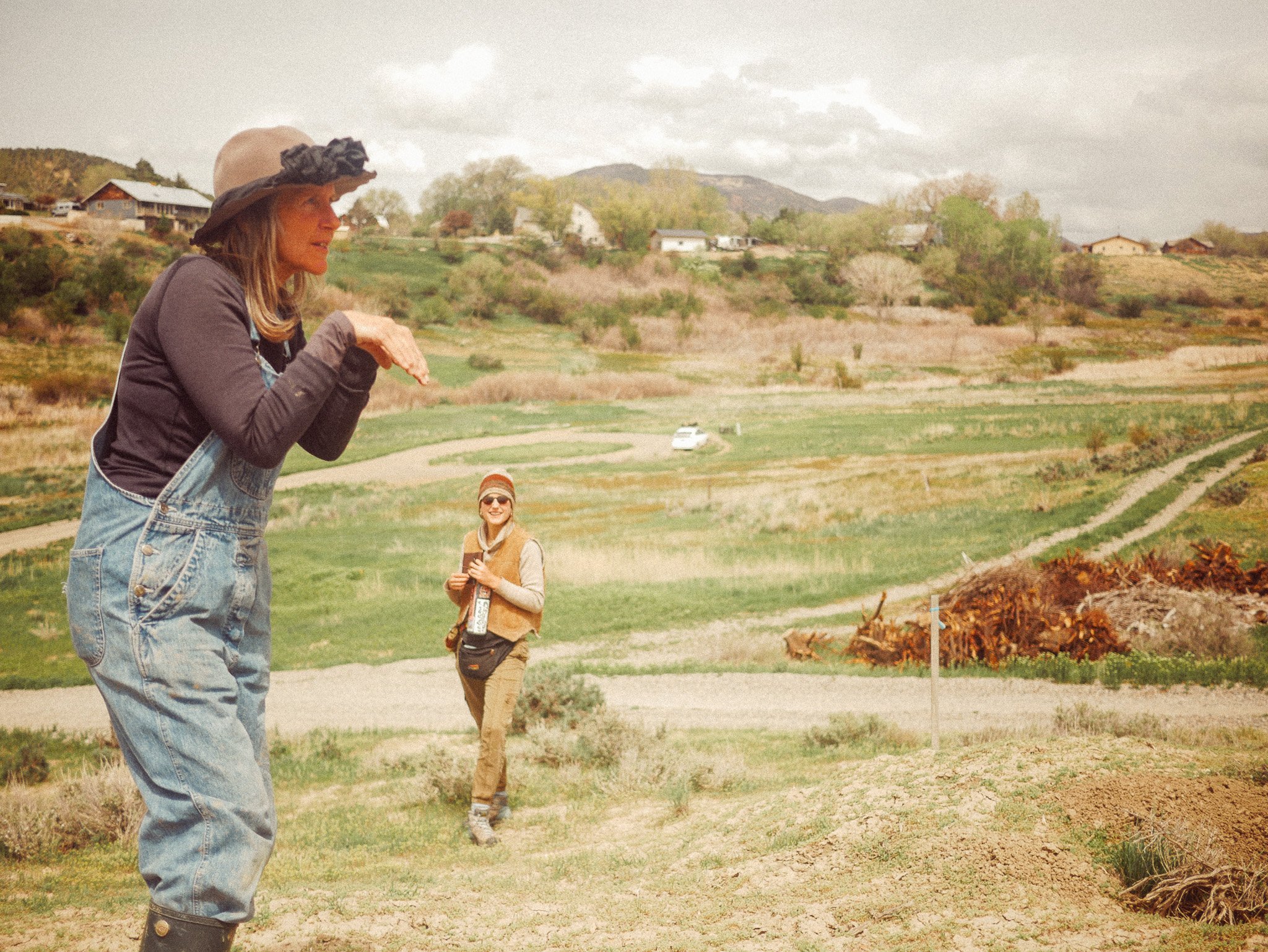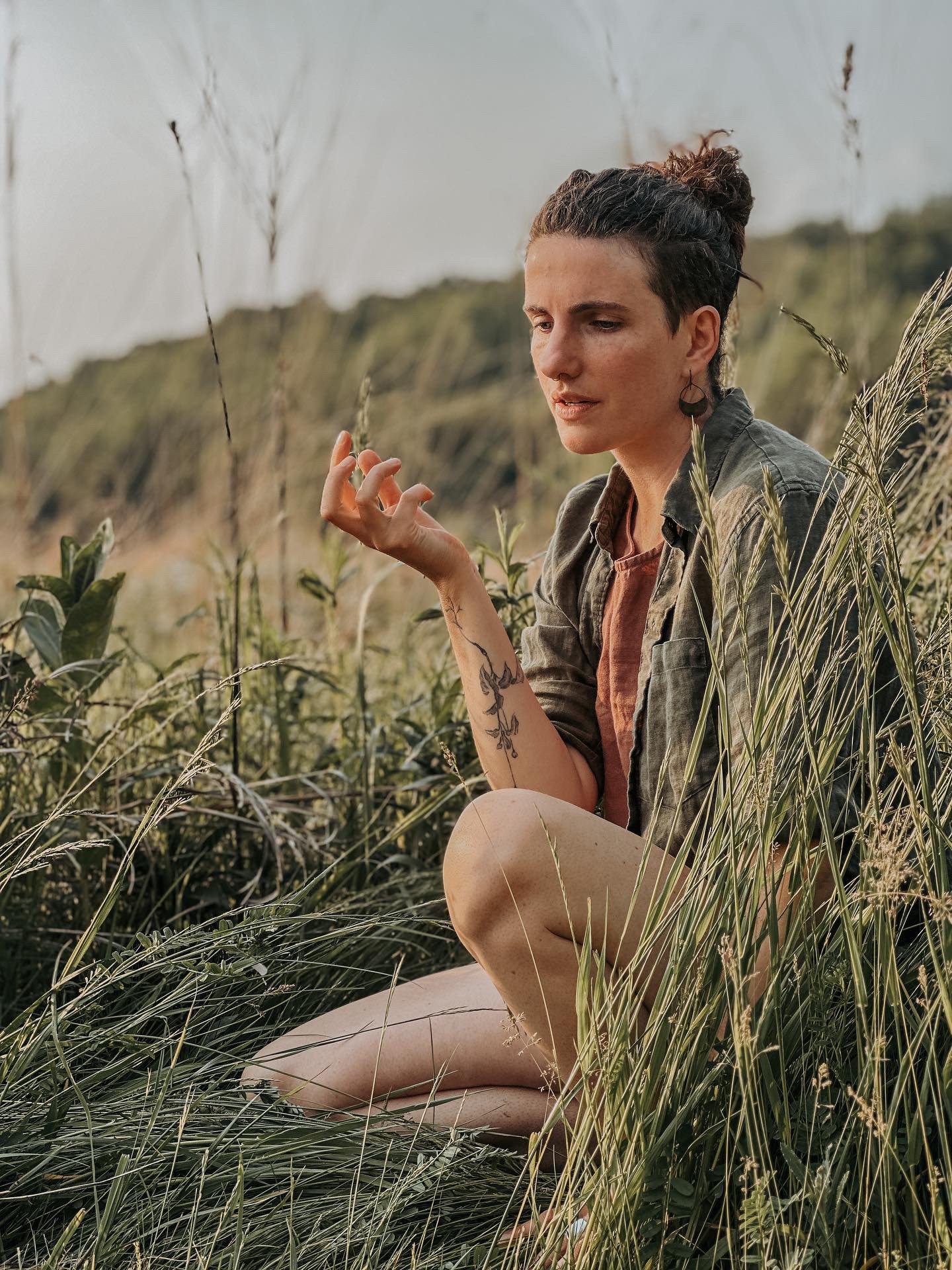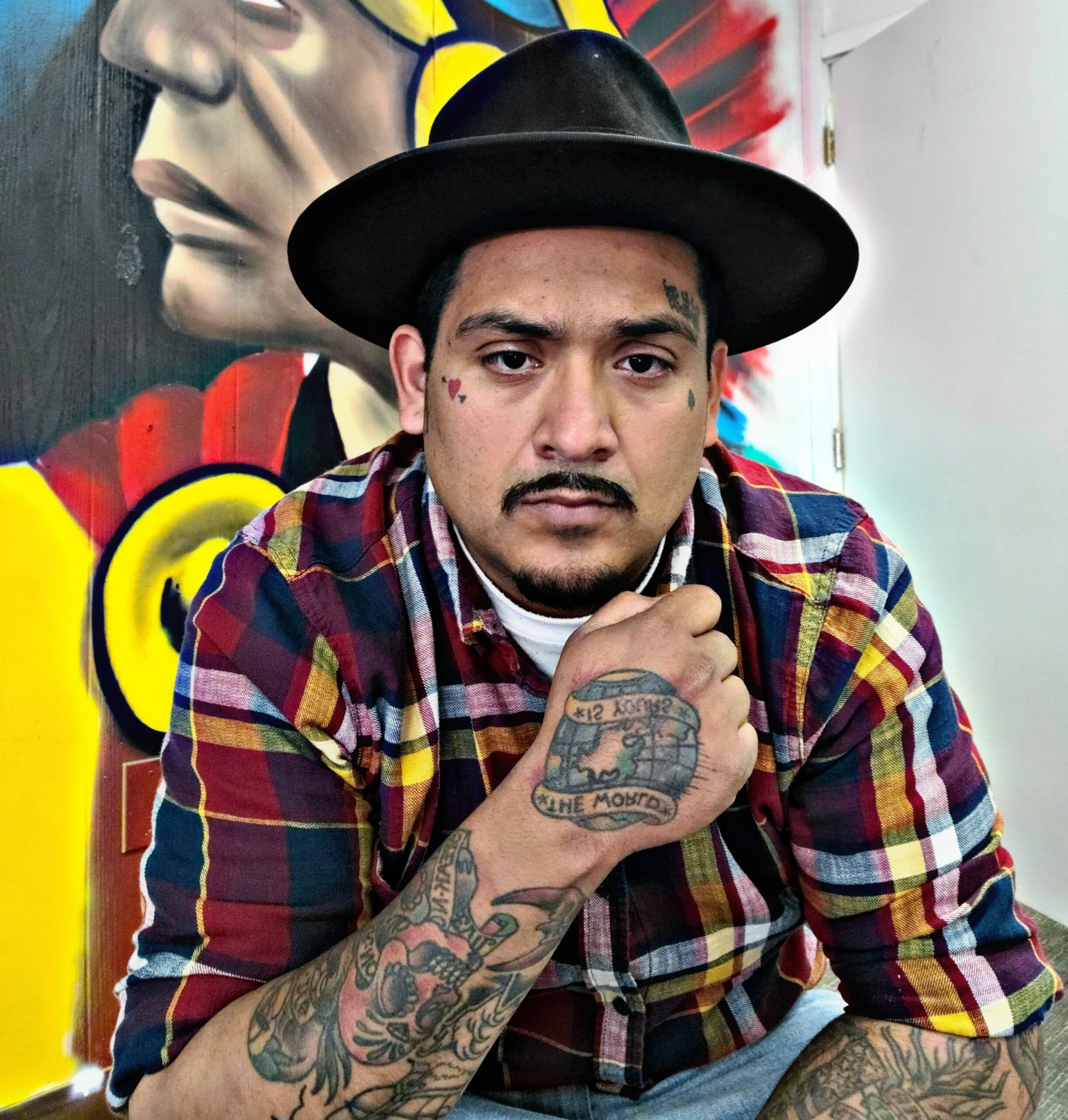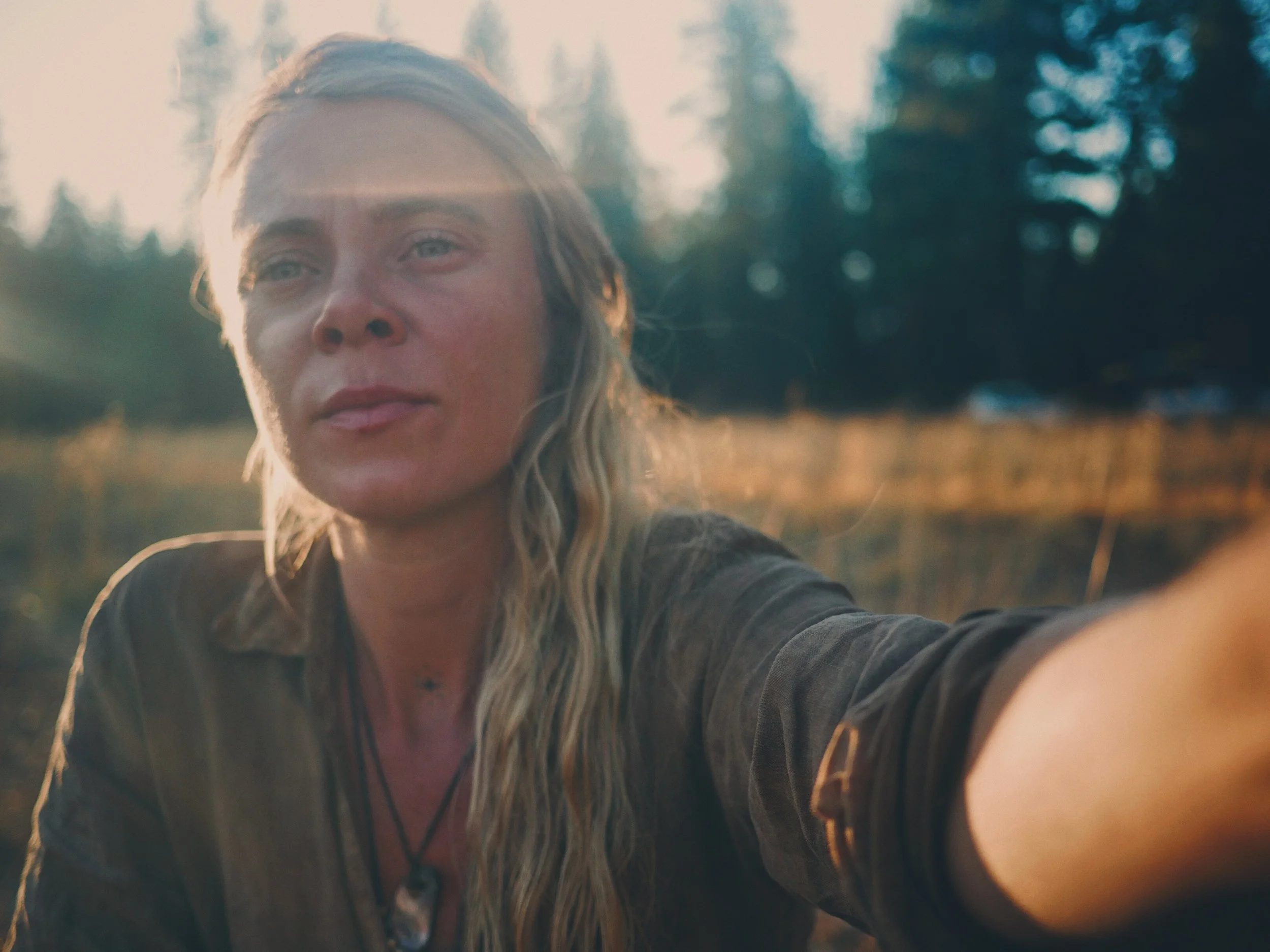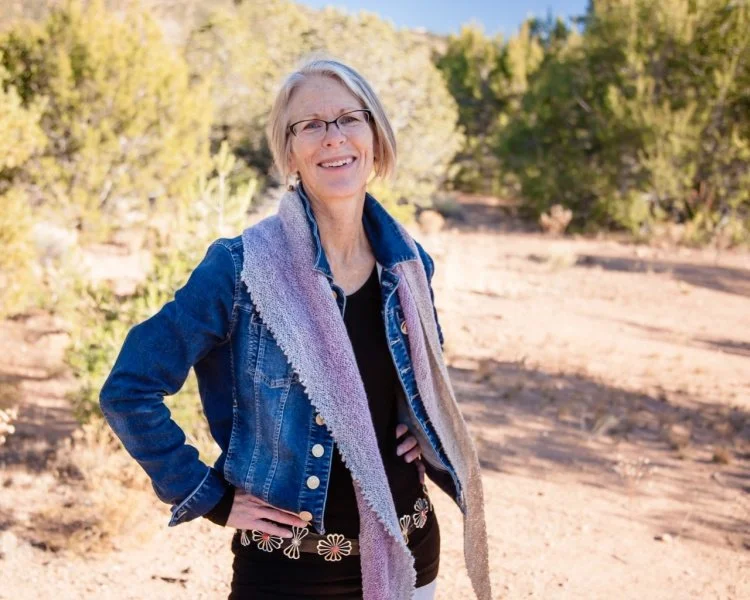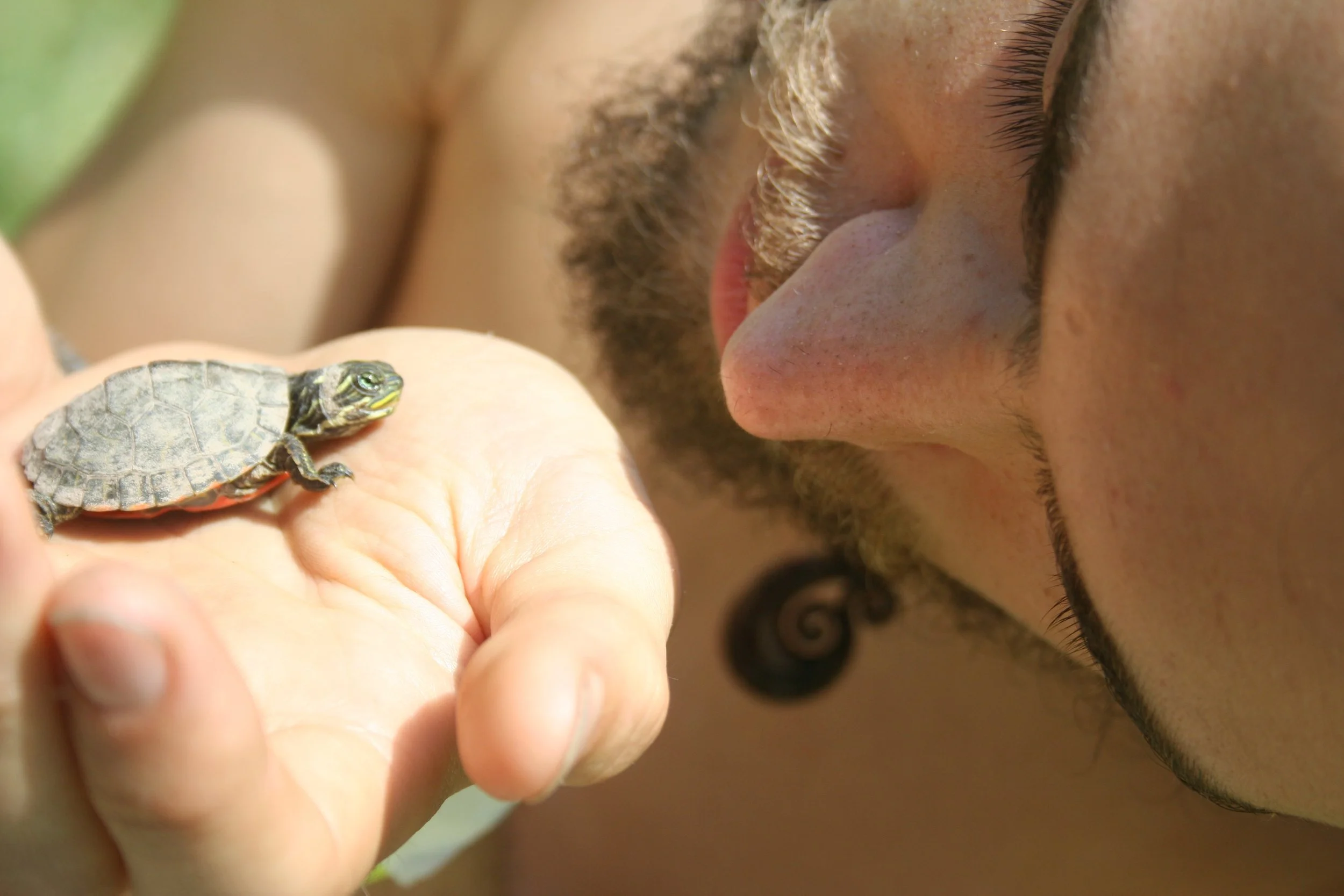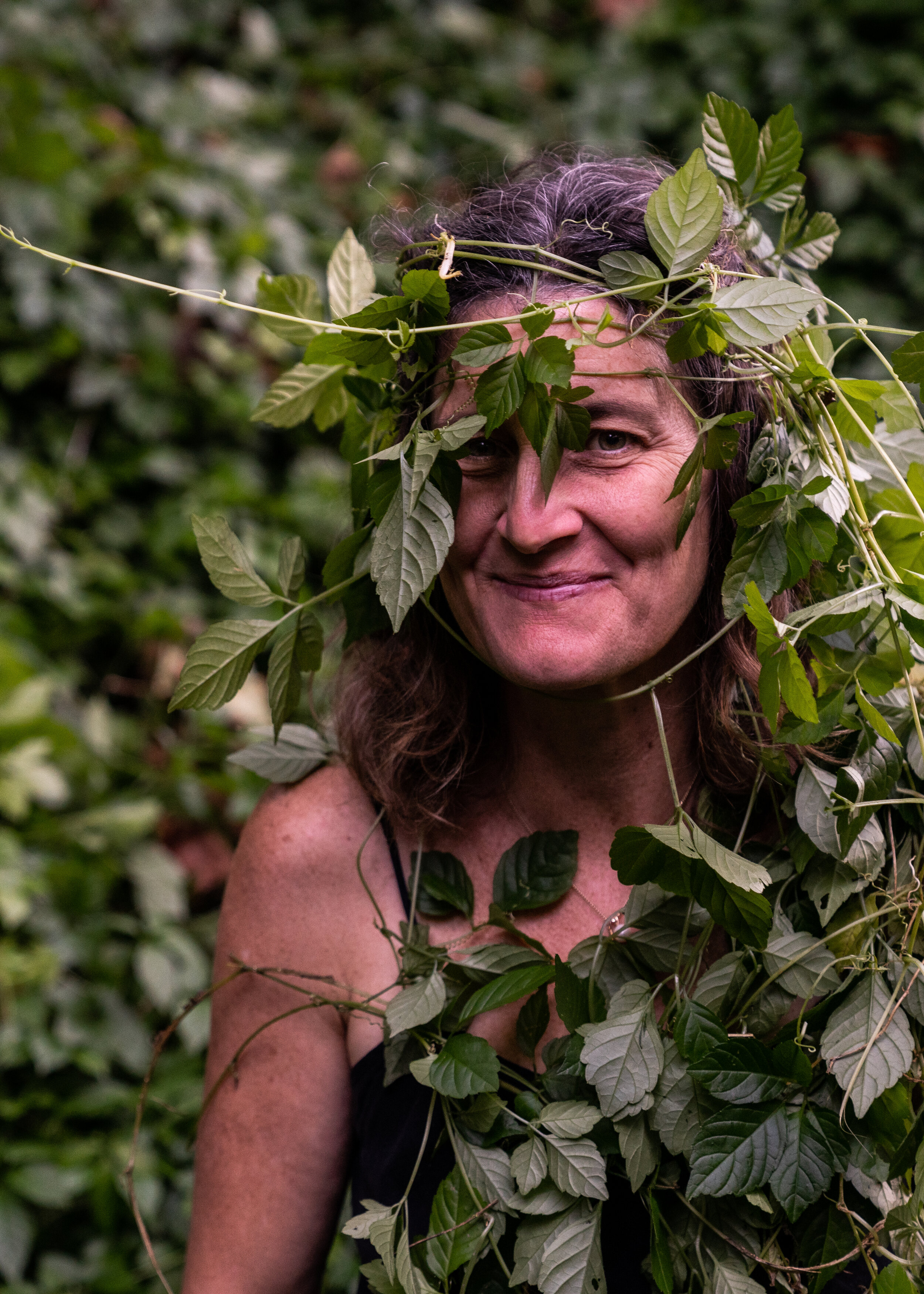Episode #29 of the Ground Shots Podcast features a conversation with Marc Williams, who is based out of Asheville, North Carolina. I took a trip to the Southeast this past September, where I visited my folks in southern Virginia and friends in Asheville, NC. Marc and I met up for an interview in West Asheville, NC, in the backyard of our mutual friend. I’ve known Marc since 2012 or so, when I moved to Asheville to attend herbalism school.
According to the Plants and Healers website:
Marc Williams is an ethnobiologist. He has studied the people, plant, mushroom, microbe connection intensively while learning to employ botanicals and other life forms for food, medicine, and beauty. His training includes a Bachelor's degree in Environmental Studies concentrating in Sustainable Agriculture with a minor in Business from Warren Wilson College and a Master’s degree in Appalachian Studies concentrating in Sustainable Development with a minor in Geography and Planning from Appalachian State University. He has spent over two decades working at a multitude of restaurants and various farms. He has travelled throughout 30 countries in Central/North/South America and Europe and all 50 of the United States. Marc has visited over 200 botanical gardens and research institutions during this process while taking tens of thousands of pictures of representative plants. He is also Executive Director of Plants and Healers International www.plantsandhealers.org. Marc has taught hundreds of classes to thousands of people about the marvelous world of humans and their interface with other organisms while working with over 70 organizations in the last few years and online at the website here. His greatest hope is that this effort may help improve our current challenging global ecological situation.
In this conversation with Marc, we talk about:
the green path as a way to live life and as a physical gathering that is nonlinear and open to anyone
Frank Cook's influence on the ideas behind the green path way of life
what is the green path? fermenting processes, 're-skilling' for living closely to the land, donation based or free plant walks, the sharing that happens at earthskills gatherings, folk schools, botanical gardens, a camp at the rainbow gathering, and more
different opportunities for education about the natural world and our connection to it
issues around accessibility at earthskills gatherings and with the 'green path'
the urgency of 're-localizing' and learning skills of sustainability
Asheville, North Carolina as an incubator for the 'green path'
the role of permaculture in the 'green path'
the importance of pilgrimage and how a pilgrimage can be interpreted in many ways
pilgrimage as a form of meditation and rite of passage
addressing the reality of how travel has a large environmental footprint, even travel with good intentions!
learning skills as a form of activism
A recent video of Marc leading a plant walk on YouTube:
Links:
7Song’s The Northeast School of Botanical Medicine and CALM first aid camp at the rainbow gathering, mentioned in the podcast: http://7song.com/
Green Path facebook group: https://www.facebook.com/groups/145910154568/
Plants and Healers International: http://www.plantsandhealers.org/
Botany Everyday: http://www.botanyeveryday.com/
The United Plant Savers and Goldenseal Sanctuary: https://unitedplantsavers.org/
The Cabbage School: http://thecabbageschool.net/
Listen to Turtle T. Turtlington's podcast episode (#4) on his pilgrimage walking across California
NuMundo: NuMundo https://numundo.org/
podcast hub, and of sedge & salt blog where you can find photo diaries, ethnobotanical plant profiles, more on past podcast guests: http://www.ofsedgeandsalt.com
